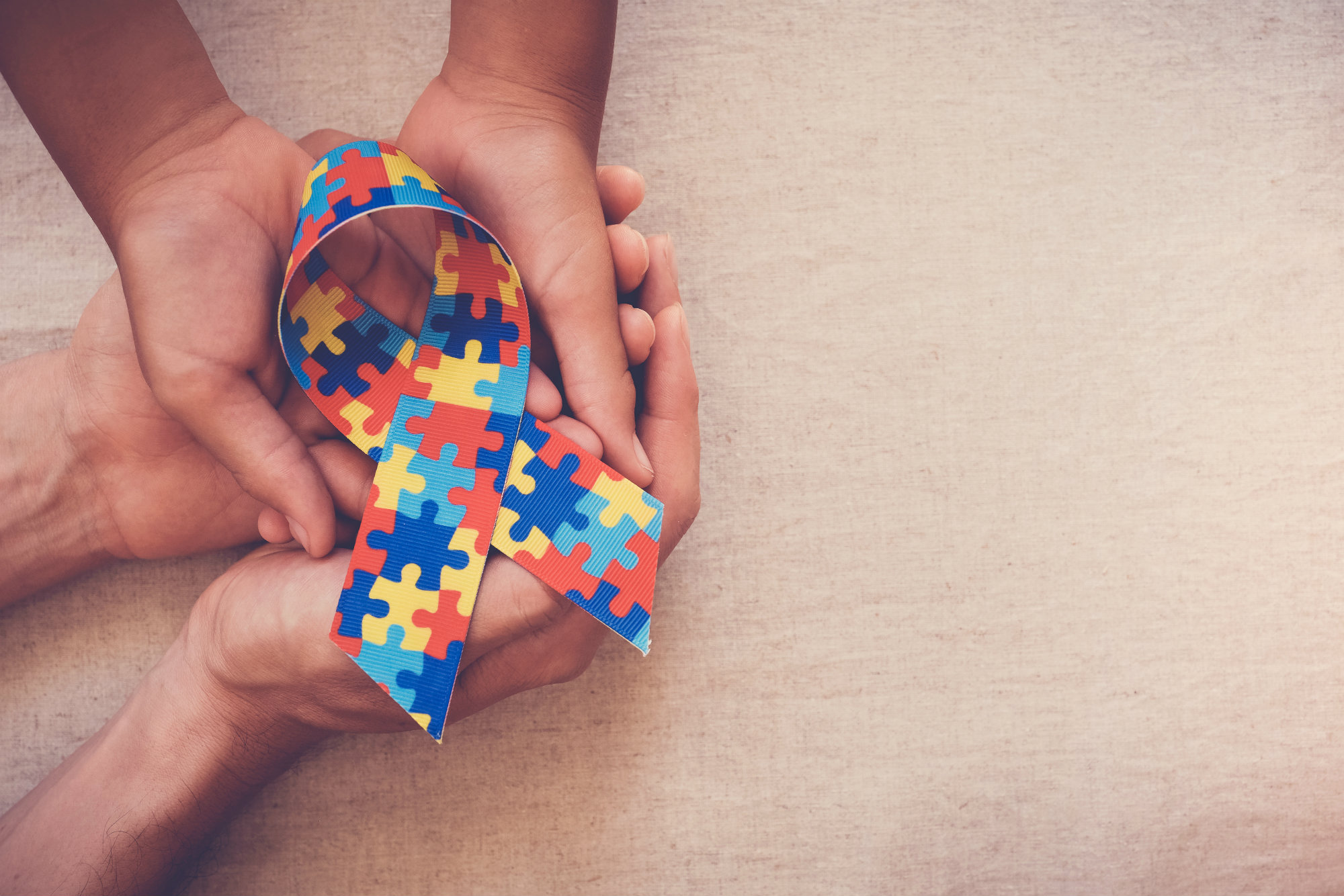With the continually increasing awareness of the special and varying needs of those on the autism spectrum, a credential has been released to verify an aquatic professional’s training in this specialty.
The International Board of Credentialing and Continuing Education Standards (IBCCES) has released the first known credential for lifeguards and other aquatics professionals working with people on the spectrum. IBCCES has partnered with aquatics safety and risk-management consulting firm Ellis & Associates, which will offer the program to its clients.
“Partnering with IBCCES gives our team of instructors the power to immediately impact aquatic safety and guest service while meeting the needs of those with autism and their family members,” said Richard “RAC” Carroll, senior vice president and chief operating officer at Ellis and Associates.
IBCCES is a credentialing board that develops and manages training and certification programs for professionals who work with individuals who have cognitive disorders. The a Jacksonville, Fla.-based organization developed this program largely to increase safety of aquatics visitors on the spectrum. The National Autism Association counts drowning as a leading cause of death among individuals with autism, as this group tends to be more drawn to water than others. Current estimates say that one in 59 individuals are on the spectrum, but these figures are considered conservative and don’t include the undiagnosed.
“In general there’s a growing need for people to be more aware and understanding of how to work with people with autism, because the diagnosis rate and the need are rising,” said IBCCES President Meredith Tekin.
Added Joe Stefanyak, senior director of Ellis: “The hope really is to reduce that statistic across the board and make it easier for our clients who interact with those who have autism.”
To gain the certification, professionals undergo online training, complete a competency exam, and verify their professional qualifications. Continuing education will be required to maintain the credential.
Training for the credential will cover four main competencies. Professionals will receive an overview of autism, including sensitivities of those on the spectrum and myths surrounding the condition. “We want to make sure we give a real perspective of somebody who’s on the spectrum and how they might experience the world, which really helps build empathy and understanding as to why they might react in certain ways,” Tekin said.
The training also will cover behaviors and dangers that are more pronounced among this population, such as a higher-than-average attraction to water and tendency to wander. Cognitive and communication issues will be addressed, to help professionals better understand how to communicate with this group, which includes a wide range of abilities. “Some individuals might be non-verbal, some highly intelligent and gifted, but everybody communicates in a different way, everybody has different needs, so [we are] giving some specific strategies for those professionals in order to understand how to navigate those situations,” Tekin said.
Finally, the training will cover the parent’s perspective, so aquatics professionals can better understand how to communicate and work with them to ensure the child’s safety and comfort.
According to IBCCES, its new certification was developed based on research, current best practices and input from those with autism and their caregivers.
“We’re coming from the standpoint of having the clinical experts and also individuals with autism on our team to help create this program and really make sure that we have usable and actionable information,” Tekin said.
The first training information session took place this week at E&A’s Safety School East in Abu Dhabi. For more information about the program, go to ibcces.org/lifeguard_certification.



